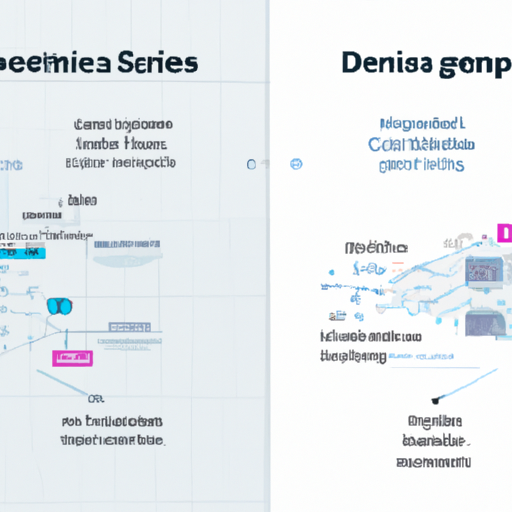Saturday, May 4, 2024

Leveraging Generative AI in the DevOps Landscape
Generative AI has proven its mettle in various arenas, from creating beautiful artworks to predicting protein folding, and even generating blueprints for gene editing mechanisms in the world of CRISPR. Its application in the DevOps domain, however, is a largely unexplored territory that holds immense potential.In essence, generative AI models, akin to GPT-3 by OpenAI, can understand, learn, and generate predictive outputs from provided inputs.
When integrated into DevOps practices, these models can offer something more than automation—they can provide intelligence.Imagine a scenario where generative AI analyzes patterns in your code to predict and prevent possible failures, automatically generates fixes, suggests code refactorings, and automates repetitive manual tasks, all while learning from its successes and failures. Sounds like a fantasy, doesn't it?
But that's the kind of innovation the combination of DevOps and Generative AI can bring forth.Companies could implement generative AI models to improve CI/CD pipelines. These models can be trained on historical data related to specific software applications.
Through such training, the models could learn to anticipate potential operational issues, reducing the time spent on debugging and root cause analysis.Furthermore, generative AI can produce intelligent alerting systems that not only notify concerning anomalies but suggest potential solutions or even proactively address the anomalies themselves.The integration of generative AI isn't without challenges—it requires a robust data strategy and potentially sizable resources for training and deploying these models.
So while the concept is dazzling, organizations must be strategic about pursuing it. Keeping these constraints in mind, the active exploration of generative AI's potential in the DevOps world could lead to game-changing breakthroughs in the not-so-distant future. As we continue to navigate previously uncharted territories brought about by unprecedented advancements in technology, it is imperative to stay updated and adaptable.